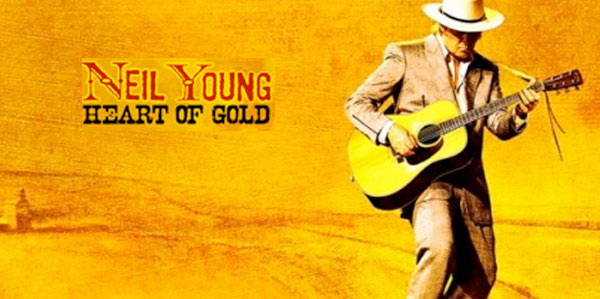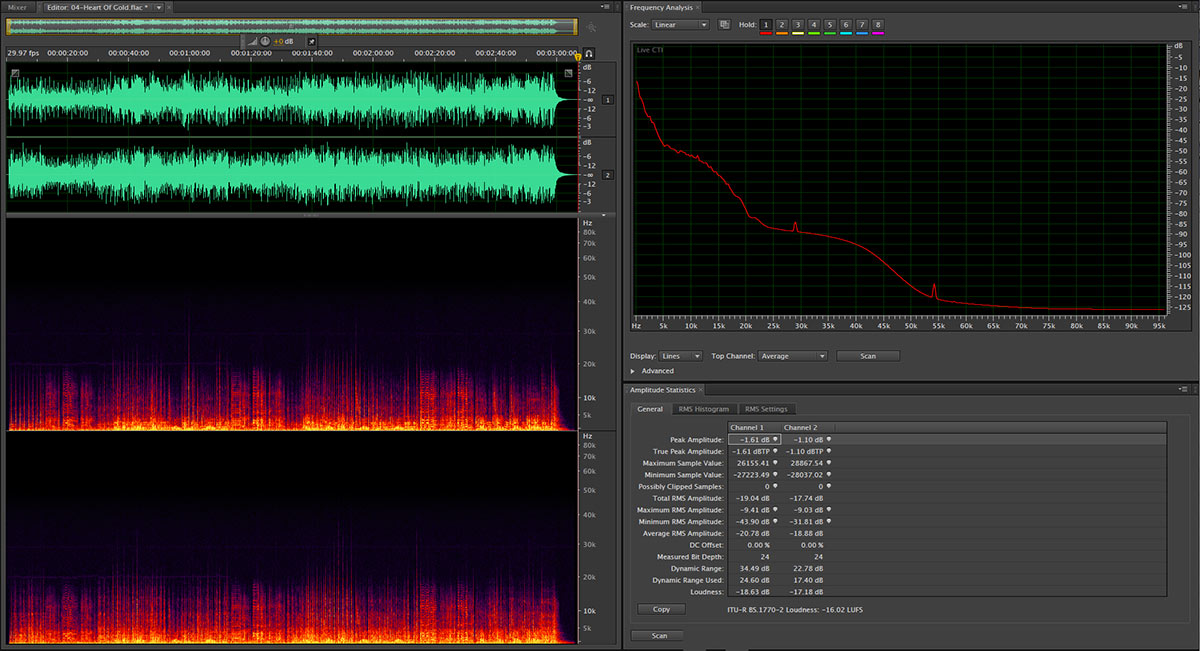Pono Revealer
Many of you have seen/heard me on Scott Wilkinson’s excellent webcast “Home Theater Geek”, which is part of the twit.tv network of webcasts. I was alerted to another show hosted by the head guy at twit Leo Laporte called Triangulation because Neil Young was the guest. I watched the whole thing late yesterday afternoon. It’s time for an update on Pono and the Ponomusic website.
Coinciding with the new interview…and demonstrated on Leo’s show…was the release of the “PonoRevealer” application. According to the Pono website, the PonoRevealer allows listeners of any “high-resolution” song to instantly switch between different formats and different specifications. I’m not sure whether Pono Revealer is two words or not…the video tutorial has it as two but the emails and notices make it one word.
Neil used a version of the Revealer prior to the Kickstarter campaign last year in his souped up Cadillac to impress his rock star friends. Any tune in your Pono library can be prepared for the Revealer. This means that the original 192 kHz PCM files is downsampled and converted inside the player. It’s not as they claim as simple “resolution” change…whatever that means…it’s doing a sample rate conversion from 192 kHz to both 96 and 44.1 kHz AND format conversion from high-resolution PCM to AAC (the format for iTunes downloads including “Mastered for iTunes” processing) and MP3 (at the same quality offered at Amazon). The bitrate of both iTunes and Amazon is 256 kbps, although AAC is generally acknowledged to provide better fidelity than MP3 files at the same bitrate.
Neil claims that everyone that entered his Cadillac preferred the 192 kHz sample rate versions to the other choices. He insists to Leo Laporte that he can easily tell the difference between the different rates and formats. When Leo says that he really can’t tell the difference, Neil pushes back in the interview. I have to wonder about the validity of Neil’s insistence that “I can tell the difference”. He explains that perhaps be can’t “hear” the difference but that he can “feel” the difference. The reverb tails, the “air” around the voices, and the “space” are simply better at 192 kHz. Never mind that the example track…Neil’s “Heart of Gold”…was recorded in 1972 at Quadrafonic Sound Studios in Nashville on analog tape. I’ll have to ask producer Elliot Mazer whether it was a 2” 16-track or 24-track machine. Either way…the fidelity of the analog master would be completely captured by a PCM recording at 96 kHz/24-bits or higher…and maybe even a standard CD.
Figure 1 – A spectragraph of Neil Young’s “Heart of Gold” [Click to enlarge]
“On the “low end” of higher resolution music (CD lossless, 44.1kHz/16 bit), PonoMusic files have about 6 times more musical information than a typical mp3. With ultra-high resolution recordings (192kHz/24 bit), the difference between a PonoMusic digital file and an mp3 is about 30 times more data from which your player reconstructs the ‘song’.



In the latest issue of TAS, there is an interview with the president of Meridian speaking about MQA. Mark, he makes a compelling case for associated benefits that he is exploiting for HBR files beyond beyond frequency response.
Robert Stuart and I are going to get together before the Newport Show and discuss these things. I haven’t read the TAS articles or the Stereophile ones either…I’ll get my information from the source.
Perpetuating the myth.
The following link (http://m.sciencefocus.com/feature/gadgets/review-high-resolution-audio-players) is to an article in the May 2015 issue of the BBC FOCUS Science and Technology magazine. This is respected science publication in the UK and the article’s author, Daniel Bennett, is the magazines Technical Editor.
If the scientific press is prepared to swallow the hype from the likes of Pono, Astell&Kern and Acoustic Research
without understanding, criticism or objective research is it any wonder that the rest of us, the general public, believe it.
If it wasn’t for your daily emails I too would be none the wiser. So please keep trying to get the true message out there.
Yet another rip off?
Presto Classical is an online cd and music download store. The following link (http://www.prestoclassical.co.uk/announcement/1272/Studio-Quality-Hi-Res-Downloads-DG) is to a recent newsletter promoting releases from DG.
Rip off No. 1:- The use of the Hi-Res Audio logo by Presto Classical (?)
Rip off No. 2:- The re-issue of historic recordings by DG as “Studio Masters” at a £5 premium over the price of cd quality alternative.
I’ve never been more disillusioned with the behaviour of big business than I am at this moment with the music industry. If it is not fraudulent then it certainly verges on it. Surely they can be somehow held accountable?
Jim Hull